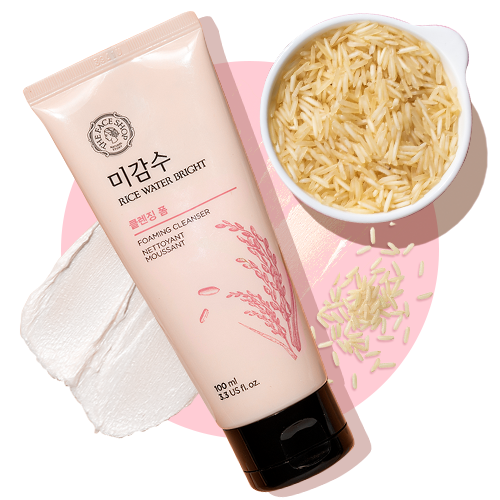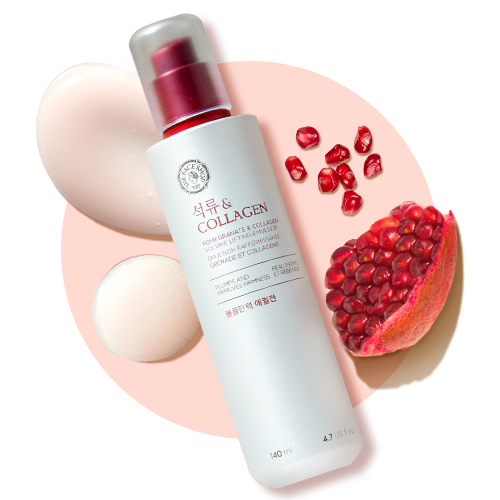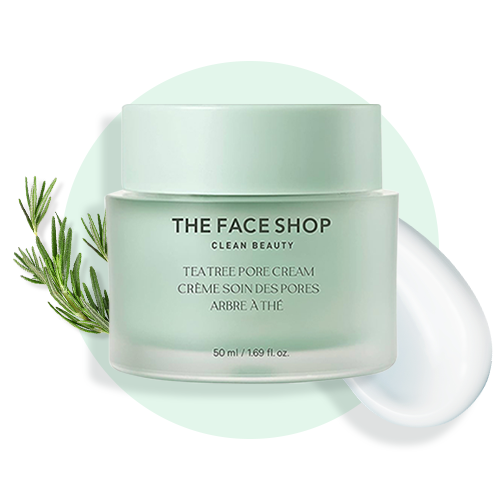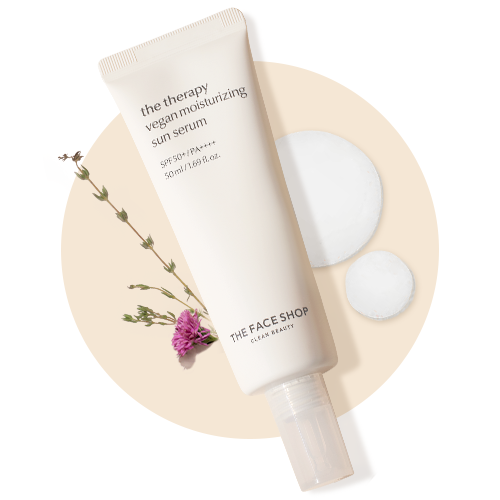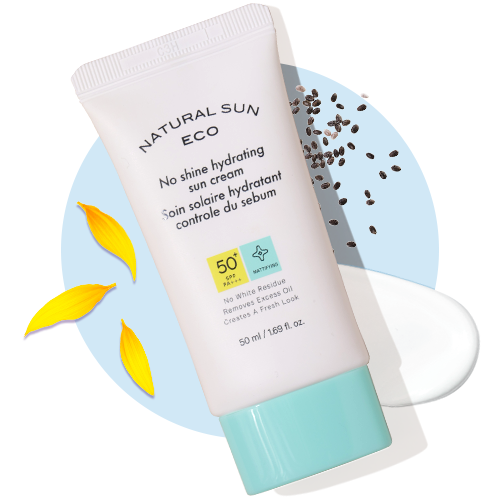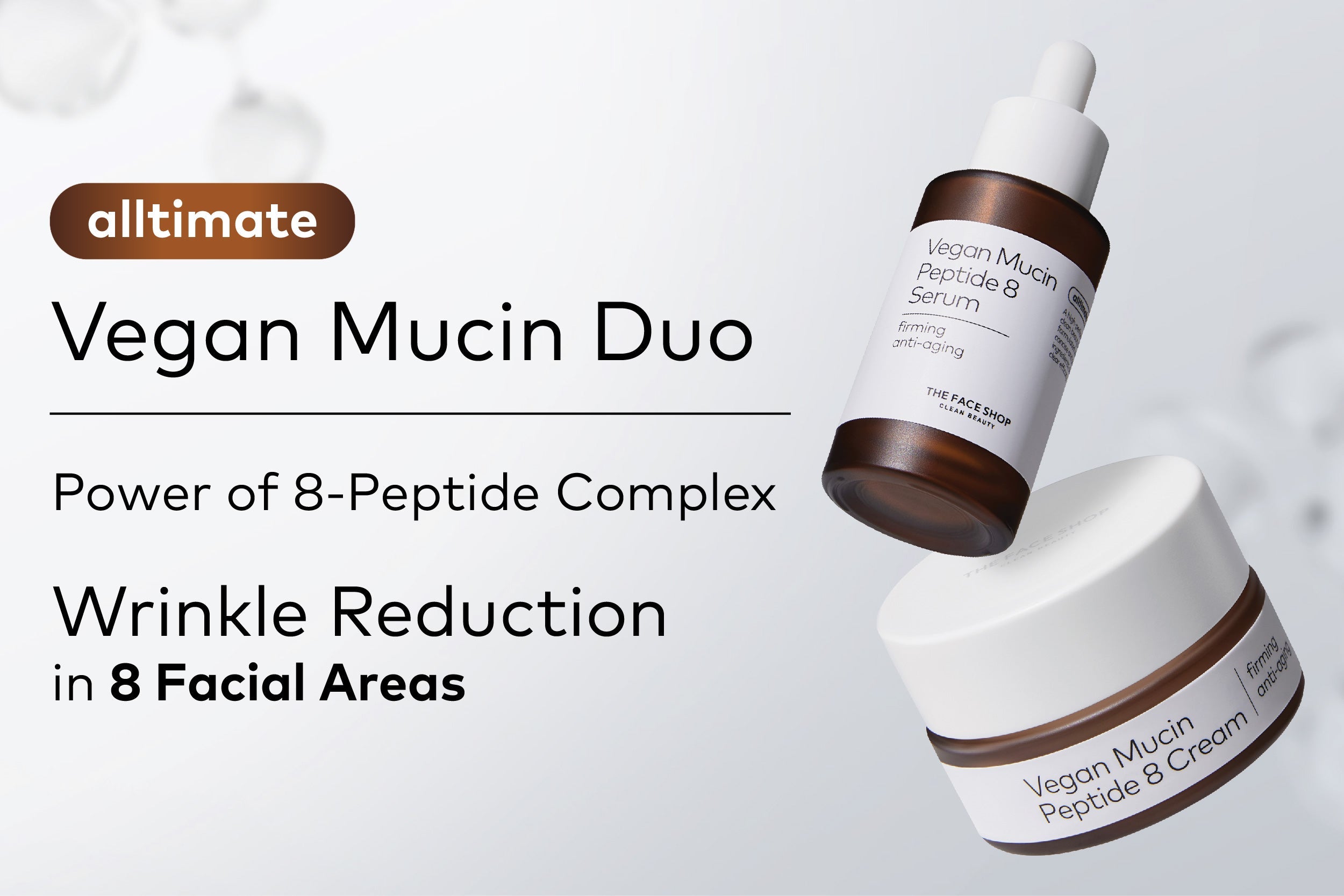The Molecular Magic of Peptides
Peptides work at the molecular level as communication systems for your skin cells. These tiny protein fragments, typically containing 2-50 amino acids, are small enough to penetrate the skin's surface and deliver targeted messages to fibroblasts—the cells responsible for collagen production.
When peptides reach the deeper layers of your skin, they essentially "trick" your cells into thinking collagen has been damaged, triggering the natural repair process. This cellular communication is what makes peptides so effective for anti-aging. The [Alltimate Vegan Mucin Peptide 8 Serum](https://thefaceshop.in/products/alltimate-vegan-mucin-peptide-8-serum) harnesses this molecular magic with eight different peptides working synergistically to maximize skin repair.
How do peptides actually penetrate the skin? Unlike larger molecules, peptides have the optimal molecular weight (under 500 Daltons) to pass through the skin barrier. This allows them to reach target cells where they can influence collagen synthesis, unlike topical collagen which sits on the surface.
Collagen Synthesis and Skin Repair Mechanisms
The relationship between peptides and collagen is where the real magic happens. Signal peptides, the most studied type, send direct messages to fibroblasts to increase collagen and elastin production. This process typically takes 4-6 weeks to show visible results, as your skin needs time to build new structural proteins.
Carrier peptides work differently—they deliver essential minerals like copper and zinc directly to skin cells. Copper peptides, in particular, have been shown in 2025 studies to increase collagen synthesis by up to 70% compared to untreated skin. The [Alltimate Vegan Mucin Peptide 8 Cream](https://thefaceshop.in/products/alltimate-vegan-mucin-peptide-8-cream) combines multiple peptide types for comprehensive skin repair.
Neurotransmitter peptides offer a third mechanism—they temporarily relax facial muscles, reducing the formation of expression lines. This creates a "botox-like" effect without injections, making them particularly effective for preventing dynamic wrinkles.
What's the difference between peptides and retinol for collagen? While retinol increases cell turnover and can cause irritation, peptides work by directly signaling collagen production without disrupting the skin barrier, making them suitable for sensitive skin types.
Different Types of Peptides and Their Specific Functions
Understanding peptide types helps you choose the right products for your skin concerns:
Signal Peptides (like Palmitoyl Pentapeptide-4) are the most common in skincare. They stimulate collagen, elastin, and hyaluronic acid production. Clinical studies show 20-30% improvement in skin firmness after 8 weeks of use.
Carrier Peptides (such as Copper Tripeptide-1) transport minerals essential for enzyme function and collagen synthesis. They're particularly effective for wound healing and skin repair.
Neurotransmitter Peptides (like Acetyl Hexapeptide-8) reduce muscle contractions that cause expression lines. They're most effective on the forehead and around the eyes.
Enzyme Inhibitor Peptides slow down the breakdown of collagen and elastin, helping preserve existing skin structure while new proteins are being built.
The [Pomegranate & Collagen Volume Lifting Serum](https://thefaceshop.in/products/the-face-shop-pomegranate-and-collagen-volume-lifting-serum30ml) combines signal and carrier peptides with antioxidants for comprehensive anti-aging benefits.
Peptides vs. Other Anti-Aging Ingredients: The Science
Peptides offer unique advantages over other anti-aging ingredients. Unlike vitamin C, which can oxidize and become unstable, peptides remain active in various pH environments. Unlike retinoids, which increase photosensitivity, peptides actually help strengthen the skin barrier.
2025 research published in the Journal of Cosmetic Dermatology found that peptide serums showed 85% user satisfaction for skin firmness improvement, compared to 60% for retinol products, with significantly fewer side effects.
Peptides also work synergistically with other ingredients. They enhance the effectiveness of hyaluronic acid by improving skin's ability to retain moisture, and they complement niacinamide by supporting barrier repair. The [Dr.Belmeur Derma Collagen Eye Patches](https://thefaceshop.in/products/dr-belmeur-derma-collagen-eye-patches) demonstrate this synergy by combining peptides with hydrating and soothing ingredients.
Can you use peptides with vitamin C? Yes, peptides are compatible with most skincare ingredients. In fact, vitamin C can help stabilize certain peptides, making them more effective.
Actionable Conclusion
Peptides represent the future of intelligent skincare—working with your skin's natural processes rather than against them. Start with a peptide serum in your evening routine, allowing 4-6 weeks to see initial results and 12 weeks for maximum benefits. Layer peptides under moisturizer and always follow with SPF during the day, as healthy collagen production requires protection from UV damage. For optimal results, consider incorporating both a peptide serum and cream into your routine, focusing on consistency rather than concentration for the best long-term skin transformation.
Frequently Asked Questions
What are peptides in skincare? Peptides are short chains of amino acids that act as messengers, signaling skin cells to produce collagen, elastin, and other proteins essential for healthy, youthful skin.
How do peptides benefit the skin? Peptides stimulate collagen production, strengthen the skin barrier, reduce fine lines, improve skin firmness, and promote cellular repair without causing irritation.
Can peptides be used with other skincare ingredients? Yes, peptides are highly compatible with most skincare ingredients including hyaluronic acid, niacinamide, vitamin C, and even gentle retinoids.
Are peptides safe for sensitive skin? Peptides are generally well-tolerated by all skin types, including sensitive skin, as they work with natural skin processes rather than disrupting the skin barrier.
How long do peptides take to show results? Initial improvements in skin texture can be seen within 2-4 weeks, while significant changes in firmness and fine lines typically appear after 8-12 weeks of consistent use.
